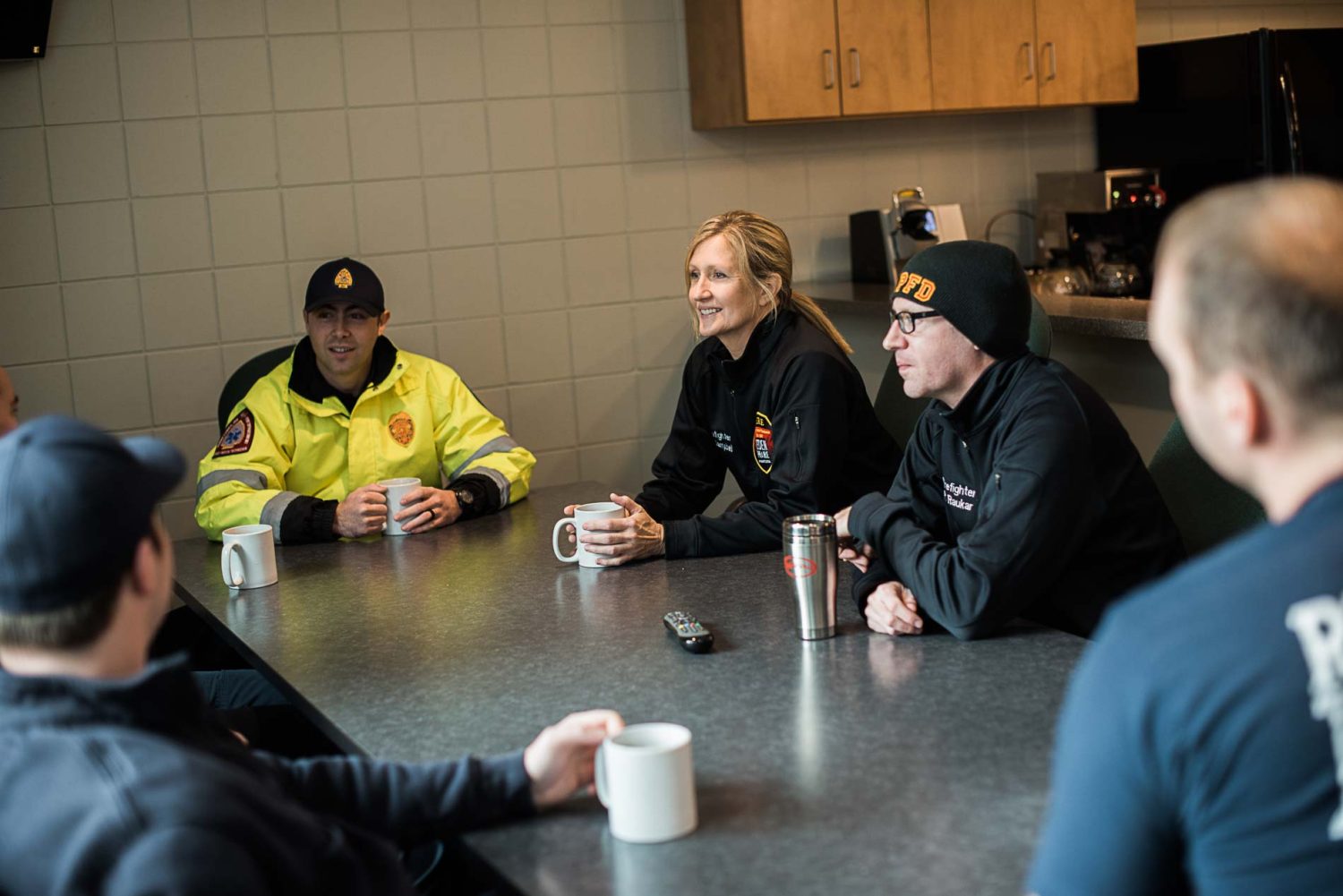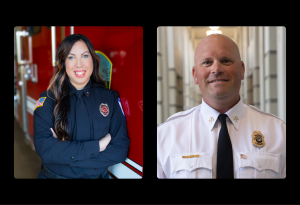Contributed by Nicholas E. Blonien, D.O.
Cancer remains a leading cause of firefighter mortality. Despite marvelous advances in diagnostic technologies and therapeutics, healthy lifestyle choices are still a powerful prevention strategy, especially for those in the higher-risk firefighting field.
Earlier in 2023, leaders in firefighter research published a review of current evidence supporting the effectiveness of lifestyle interventions in preventing cancer in the fire service. Here are the main lifestyle interventions they recommend:
1. Target obesity
Obesity increases risk of many cancers by as much as 30-80%, including some that already impact the fire service disproportionately. By decreasing body fat percentage, we can decrease risk of cancer. This starts with nutrition and exercise.
2. Get moving
With increasing rank within the fire department comes increased risk of sedentary behavior, especially when the job calls for more time at a desk behind a computer. By intentionally replacing inactivity with movement, such as “exercise snacks,” cancer risk can go down.
3. Prioritize sleep
Getting a good night’s sleep during a busy shift is impossible, but the negative health effects of this can be limited by optimizing sleep when it’s available, both at the fire station and at home. Establishing a bedtime routine, eating during times when your body is prepared for it, limiting nightly snacking and managing stress will make a huge difference.
4. Minimize alcohol
While there continues to be debate about the harmful effects of alcohol on the cardiovascular system, evidence for alcohol consumption as a risk factor for cancer development is much clearer. And rates of alcohol consumption and binge drinking are high among firefighters. Less is better, none is ideal.
5. Dial in the diet
Firefighters tend to follow a standard Western diet, consisting of processed foods and comfort food snacking. This type of eating has been clearly associated with increased cancer risk. Alternatively, a nutrition plan resembling the Mediterranean diet has been associated with decreased cancer risk. Sticking to mostly plants, healthy oils, nuts/seeds, fish and minimal meat/dairy is the best fuel plan for tactical athletes like firefighters.
A cultural shift is needed to tackle these issues, and a unified firehouse can be powerful. Talk with family and friends, engage leadership, partner with colleagues and ask healthcare providers questions. Little improvements can make a difference and add up to bigger change.
Protect your department from cancer
Learn more about shifting the culture in MnFIRE’s cancer deep-dive training. In this class, firefighters learn the activities that put them at higher risk for developing cancer, proper PPE strategies for mitigating cancer risks and what types of screenings can be done to catch cancer early. Sign up your department for a FREE training here.








